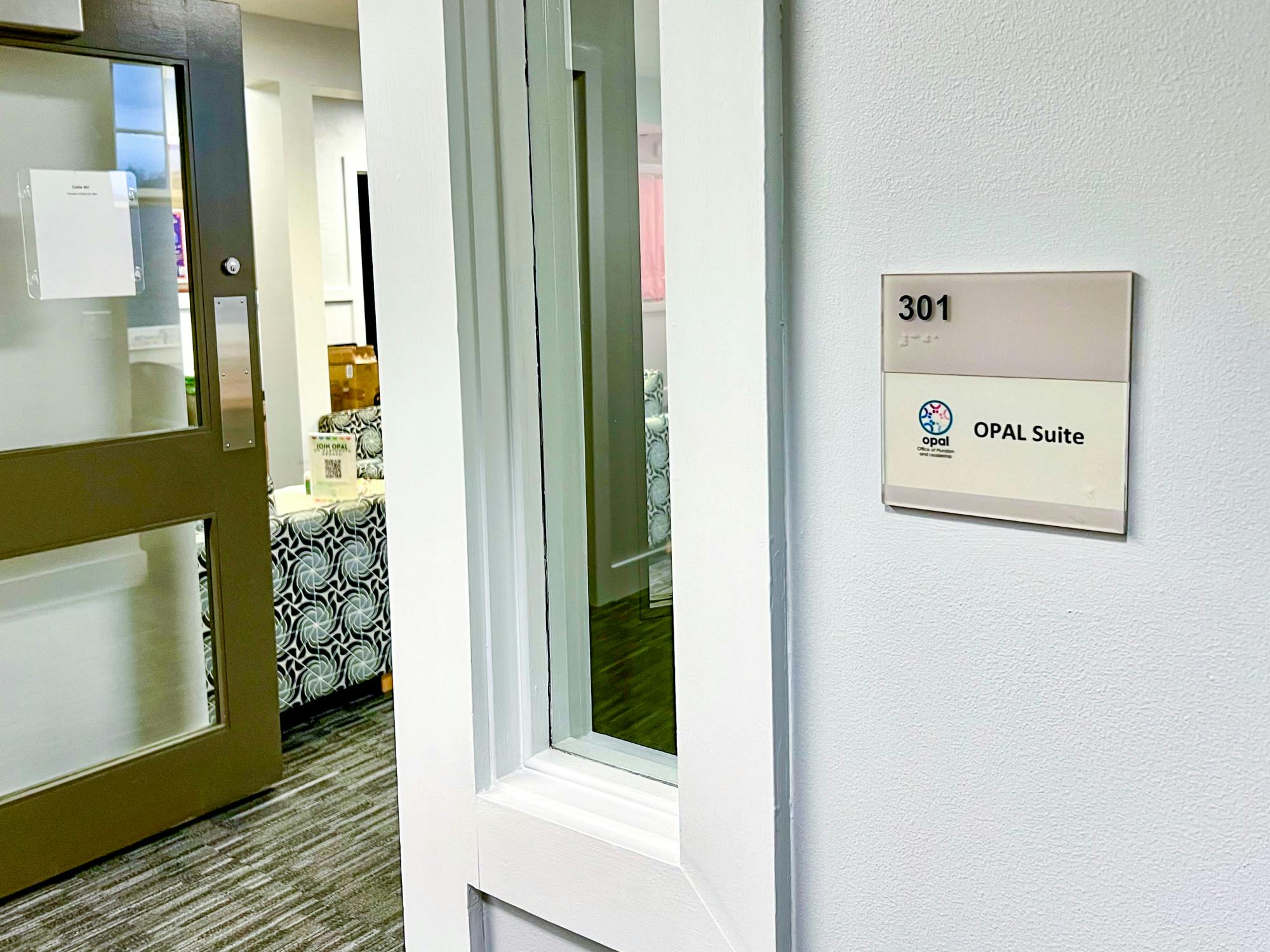Members of the College’s international student community have reported concerns over invoking Dartmouth’s “Good Samaritan” policy, a campus initiative designed to curb fatal overdoses.
The College’s “Good Sam” policy, as it is commonly known on campus, ensures that impaired students receive “transport to medical facilities or by taking other protective measures” without any disciplinary consequences. However, international students have reported feeling “hesitant” to use the policy at all due to concerns that it may impact their immigration status and lead to deportation, according to Navya Bharadwaj ’26, an international student mentor in the Office of Pluralism and Leadership.
“We’re told that Good Sam remains anonymous,” Bharadwaj said. “But there are also rumors that a report has to be written up, and for international students, it may go on your federal record. But no one ever confirms it or denies it.”
Over email, College Office of Visa and Immigration Services director Susan Ellison declined to comment on whether a Good Samaritan report would affect future immigration status.
Although the Good Sam policy does not have a “specific impact” on an international students’ immigration status, there remains a potential for repercussions for students coming from authorities outside the jurisdiction of the College, Ellison wrote.
“The U.S. Department of State may revoke the visa stamp (entry document) of a student who has been arrested or convicted of a DUI or DWI,” Ellison wrote. “Foreign nationals may be asked by the federal government to disclose any arrests or convictions as part of applications for U.S. immigration benefits.”
In addition, the College said it may also request information regarding a student’s Good Sam history to determine “eligibility” for employment, certification and internships, according to the official Good Sam policy. Bharadwaj added that a number of international students who fear they may lose their visa status or harm their future work status have refused medical assistance under the Good Sam policy.
“I saw this person in a very bad state, [but] they were an international student and everyone around them was also an international student,” she said. “They did not want to call a Good Sam because they didn’t want to have the possibility of the person’s career being ruined.”
Bharadwaj added that the visa application process, which maintains a “long waitlist” that can span years, have driven student concerns. Some international students have avoided using the Good Sam policy out of a perception that it could blemish their record “in the slightest way” in applying for future visas, she added.
“For South Asian countries, there is a big waitlist considering the amount of people who migrate from there,” Bharadwaj said. “Considering that work visas are on a lottery basis, if [there] is something working against you, why would they even consider you [for a visa]?”
International students also have an “extra layer of pressure,” according to OPAL international student mentor Zimo Tang ’26.
“A majority of internationals would want to stay in the U.S. after college,” Tang said. “So [being at Dartmouth] for [international students] is to build a foundation for their long-term careers.”
A member of the Class of 2027, who asked to remain anonymous to speak candidly about their experiences, added that being Good Sammed can also create a specific fear of disappointing one’s parents or guardians.
“Obtaining a visa in this country is extremely difficult, and [my parents] knowing I might’ve risked my future here is really daunting,” she said.
The “main issue,” according to OPAL international student mentor Maria Eduarda Goncalves Freitas ’26, is the “lack of information” regarding the repercussions of the policy. Even though the official policy outlined by OVIS says that there are no consequences, there is still a lot of uncertainty among students.
“We don’t know on our end how [they are] making sure that there are no legal repercussions,” Freitas said. “[However], they do tell us that if you’re caught as a minor, it’s a crime, and it’s going to be on your record, and that may impede entry to the country in the future.”
Bharadwaj added that an “official clarification” would allow international students to use the policy better.
“If it is not a rumor that a Good Sam can go on your federal record, building a policy that is completely [repercussion free] would enable [international students] to use the policy better,” she said.




